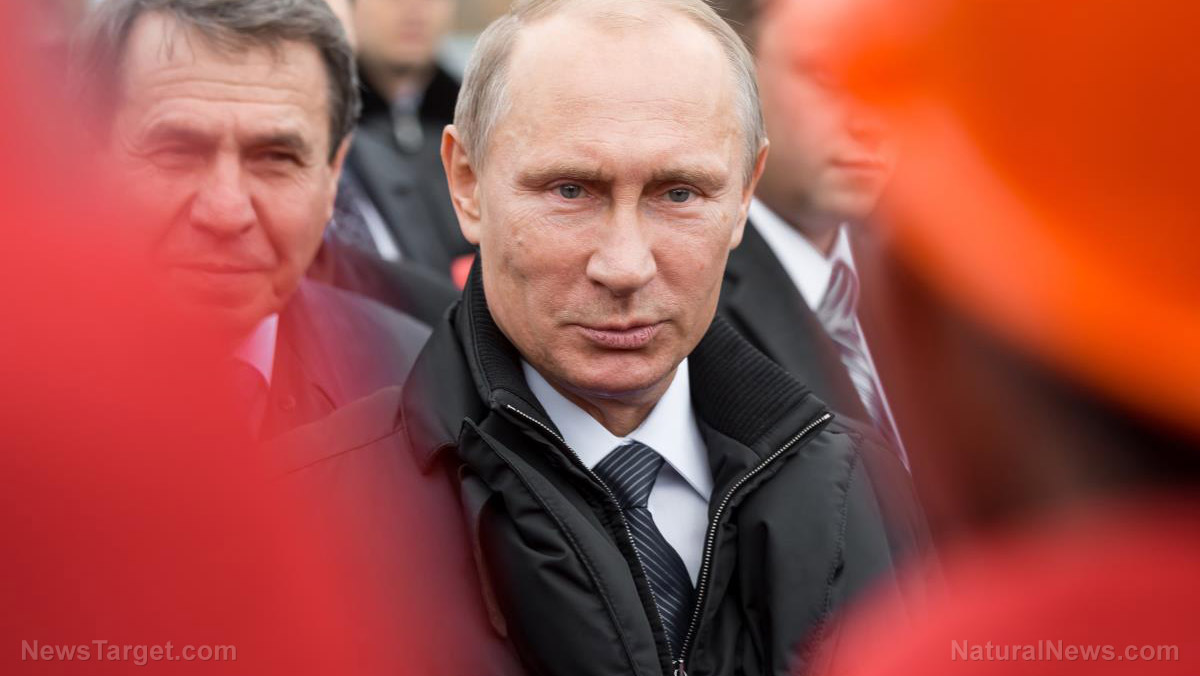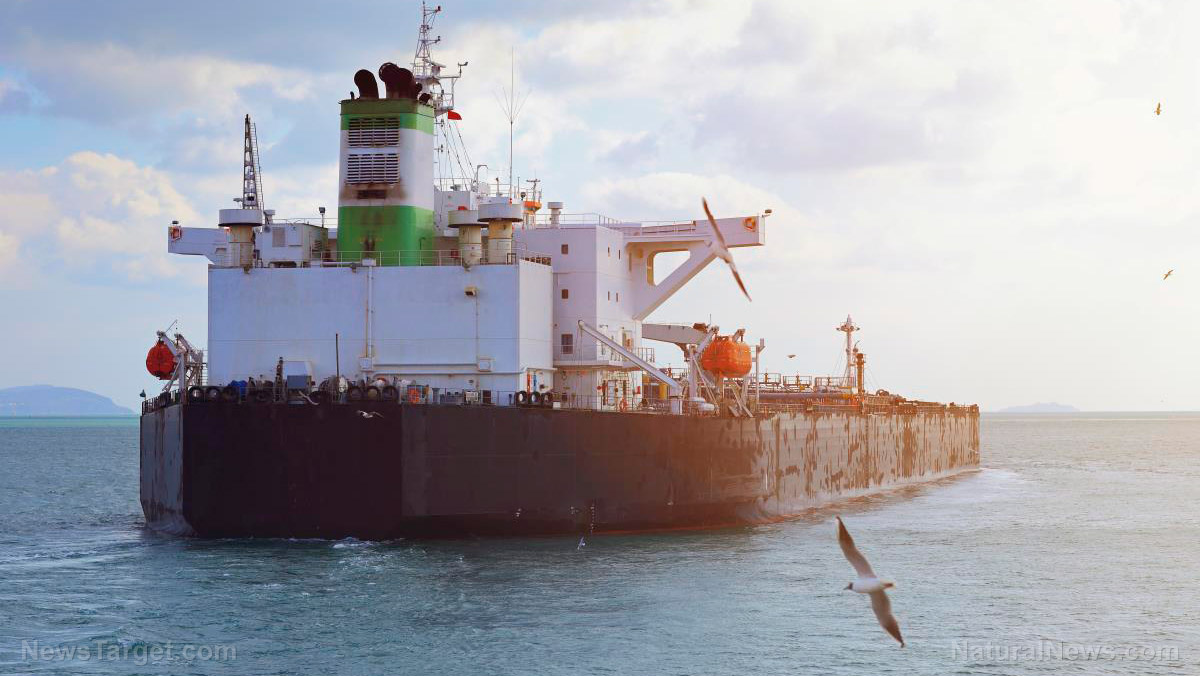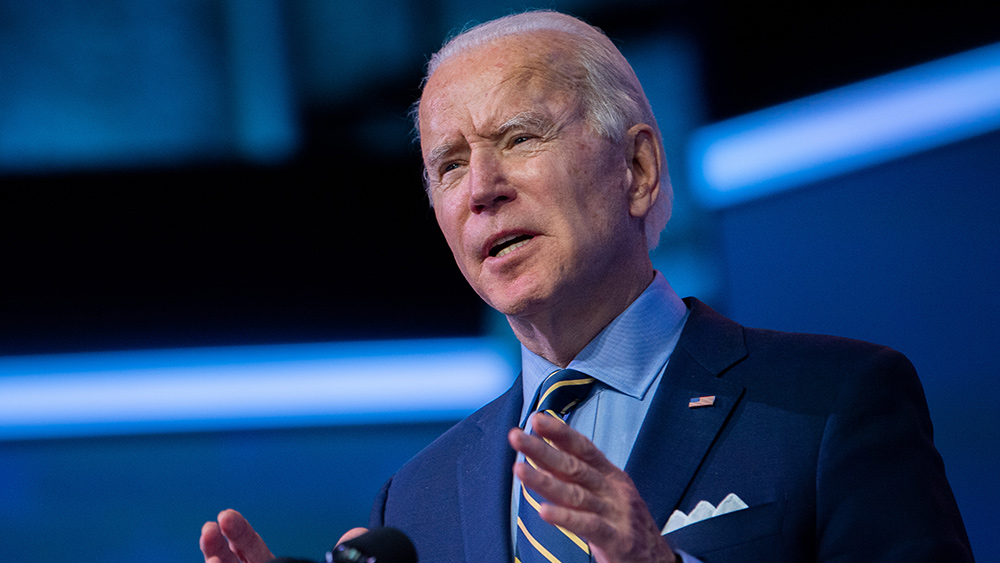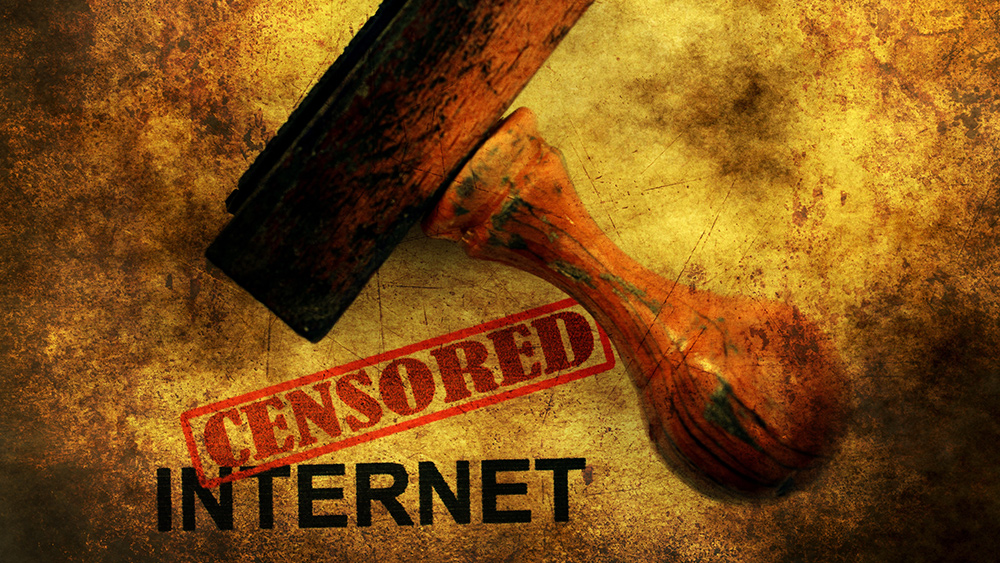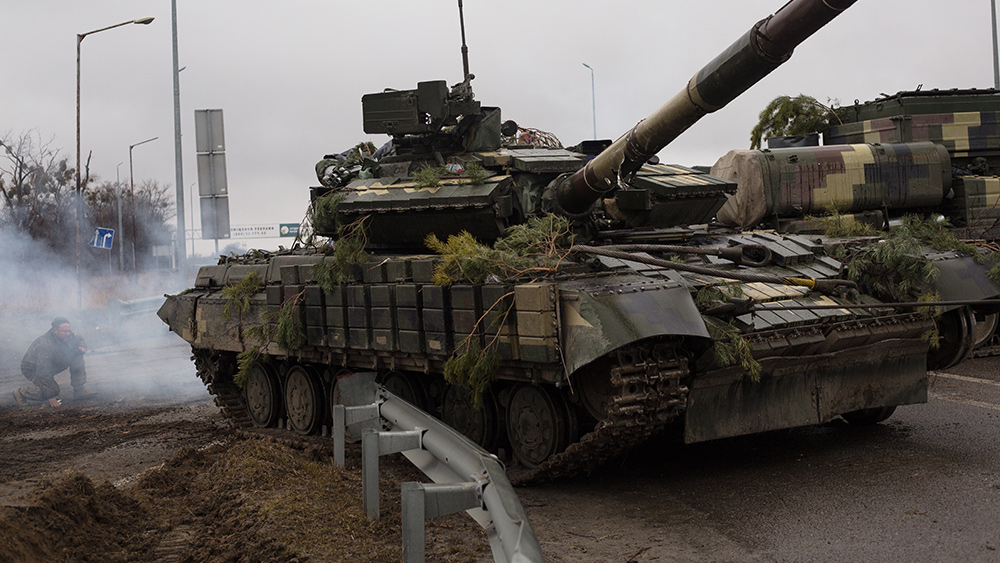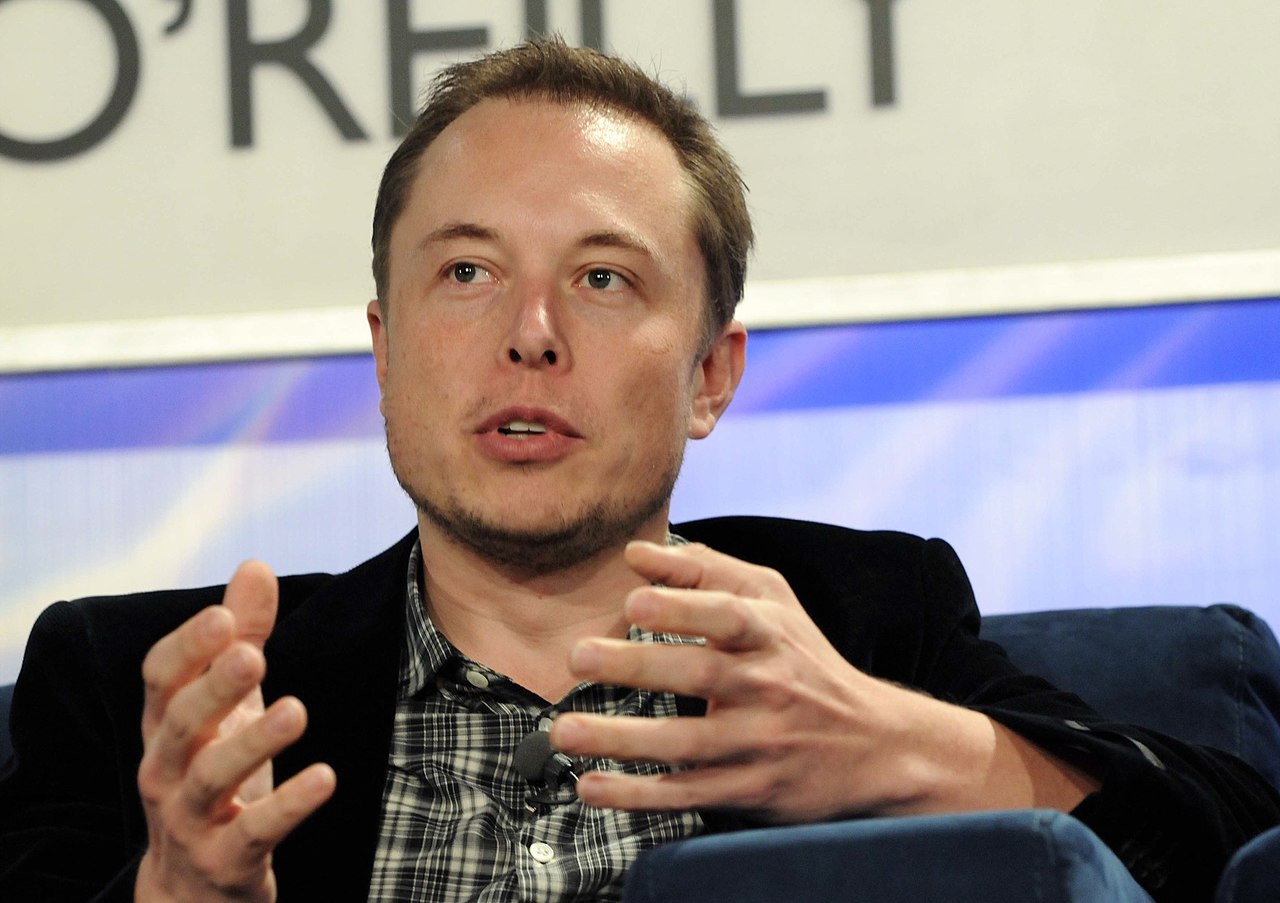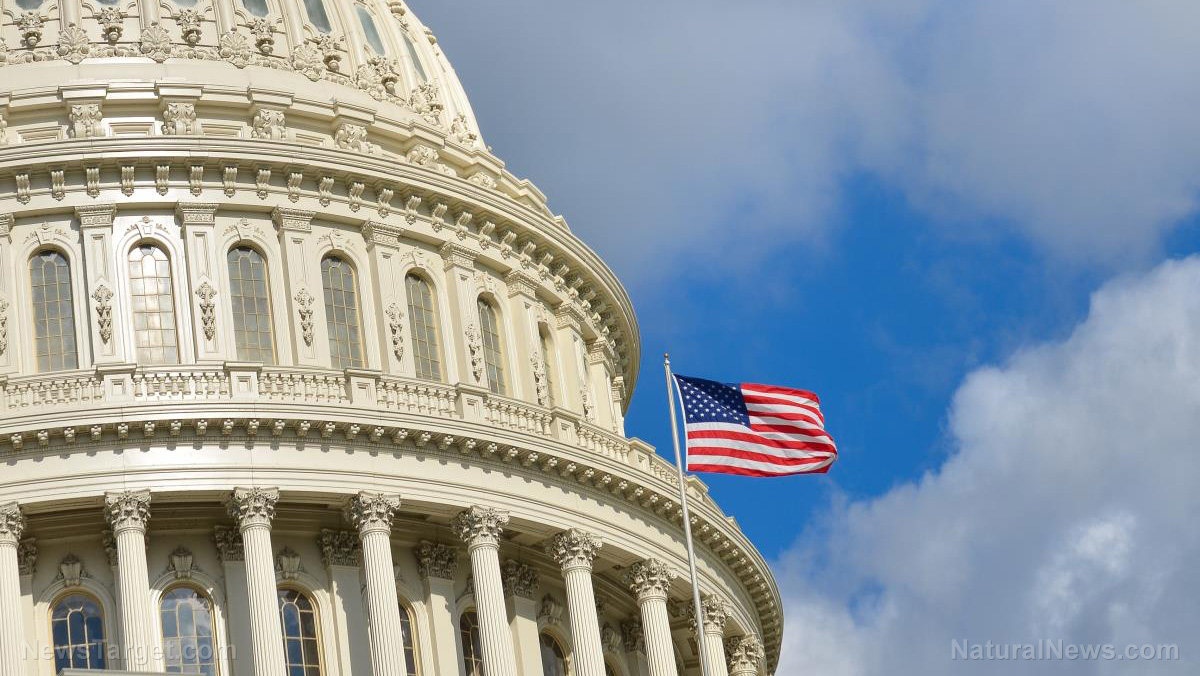Saudi Arabia hikes oil prices as Asia eases COVID-19 restrictions
06/08/2022 / By Belle Carter
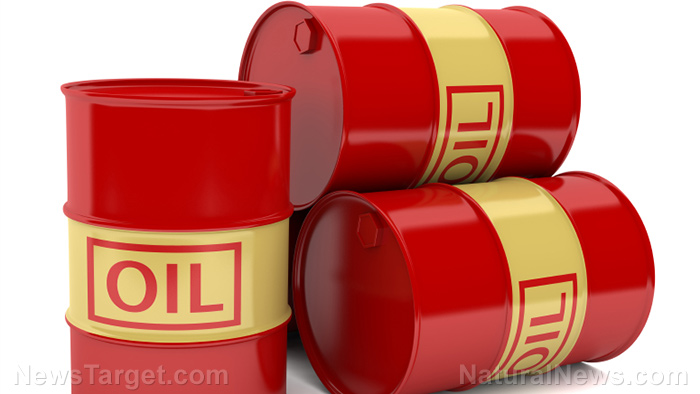
The Kingdom of Saudi Arabia (KSA) has raised oil prices more than expected for its largest market in Asia as the region eases out of Wuhan coronavirus (COVID-19) restrictions.
Bloomberg reported that the increase for July shipments resumes a series of hikes that started in February. Aramco increased its key Arab Light crude grade for Asian customers by $2.10 a barrel from June to $6.50. The market was only expecting a boost of $1.50, according to a Bloomberg survey of refiners and traders.
The gas company also elevated all grades for the north west Europe and Mediterranean regions. Meanwhile, prices for United States remained the same for the second straight month.
KSA, the world’s biggest oil exporter, raised prices for shipments sold under long-term contracts after futures surged following Russia’s invasion of Ukraine. Crude has climbed more than 50 percent this year to almost $120 a barrel. (Related: Saudi Arabia may increase oil prices amid Russia-Ukraine war.)
Due to the recent European sanctions, the market has tightened and oil supply from Russia was crimped. Also, China and Singapore are ending lockdowns that limited the demand in the past couple of months.
Vitol Group Asia Chief Mike Muller said on a podcast over the weekend that in some places the demand rebound is quite something.
“A lot of the southeastern Asian countries are very much exceeding expectations in terms of road-transportation demand. And try buying an air ticket in Singapore in the summer holidays. It is awfully tough,” Muller said during his guesting on a show produced by Dubai-based Gulf Intelligence.
The Organization of the Petroleum Exporting Countries Plus (OPEC+) agreed last week to accelerate output increases. The 23-nation cartel, led by Saudi Arabia and Russia, said it would add 648,000 barrels a day to the market in July and August, about 50 percent more than its moves in recent months.
Asia’s biggest buyers China, Japan, South Korea and India receive more than 60 percent of Saudi’s crude exports.
EU to embargo 90 percent of Russian oil over the next six months
Meanwhile, the European Union (EU) is still keen on imposing the additional sanctions on Russia despite the risk of having the record-high oil prices shoot up even higher in the worldwide market.
The EU leaders agreed last week to ban 90 percent of Russian oil imports into the bloc over the next six months as part of new sanctions on Moscow.
European Council Chief Charles Michel said: “The ban immediately covers more than two-thirds of oil imports from Russia, cutting a huge source of financing for its war machine.”
Overall, the EU relies on Russia for 25 percent of its oil needs and 40 percent of its natural gas.
Head of America’s refining for S&P Global Commodity Insights Debnil Chowdhury said that the embargo is going to take quite a bit of time for the sanctions to come into play.
“It’s not like when the U.S. announced 45 days, it’s more like six months, and the market had already factored in that this was going to happen. That’s why we didn’t see crude prices go up $15 to $20 today. It wasn’t a surprise since this has been talked about for the past month,” he noted.
Chowdhury thinks the bigger reason prices would fall is because underlying gasoline demand, diesel demand and jet fuel demand eventually will get impacted by these higher prices.
“So the demand leads to less pull on crude oil. And then that loosens up the crude oil market somewhat. And then we’d have a reduction in underlying crude price that would bring diesel down with it,” he stated.
But these prices are not going to go back to the levels at the beginning of 2021.
“It’s more likely that we’ll see maybe $5 to $10 decline in crude price, and that would equate to maybe 50 to 60 cents on the diesel price itself. So we’re not talking about a major relief,” Chowdhury warned.
Visit FuelSupply.news for more updates on the Russian oil embargo.
Watch the below video that talks about President Joe Biden going to Saudi Arabia to beg for cheap oil.
This video is from the What is happening channel on Brighteon.com.
More related stories:
Gazprom cuts off gas supply to several EU members in response to sanction threat.
Sources include:
Submit a correction >>
Tagged Under:
Asia, banned, big government, chaos, energy supply, European Union, fuel prices, fuel supply, inflation, oil embargo, oil price hike, OPEC, power, power grid, products, Russia-Ukraine conflict, Russian oil, sanctions, Saudi Arabia, Saudi Aramco, supply chain, World War III
This article may contain statements that reflect the opinion of the author
RECENT NEWS & ARTICLES
COPYRIGHT © 2018 BANNED.NEWS
All content posted on this site is protected under Free Speech. Banned.news is not responsible for content written by contributing authors. The information on this site is provided for educational and entertainment purposes only. It is not intended as a substitute for professional advice of any kind. Banned.news assumes no responsibility for the use or misuse of this material. All trademarks, registered trademarks and service marks mentioned on this site are the property of their respective owners.



